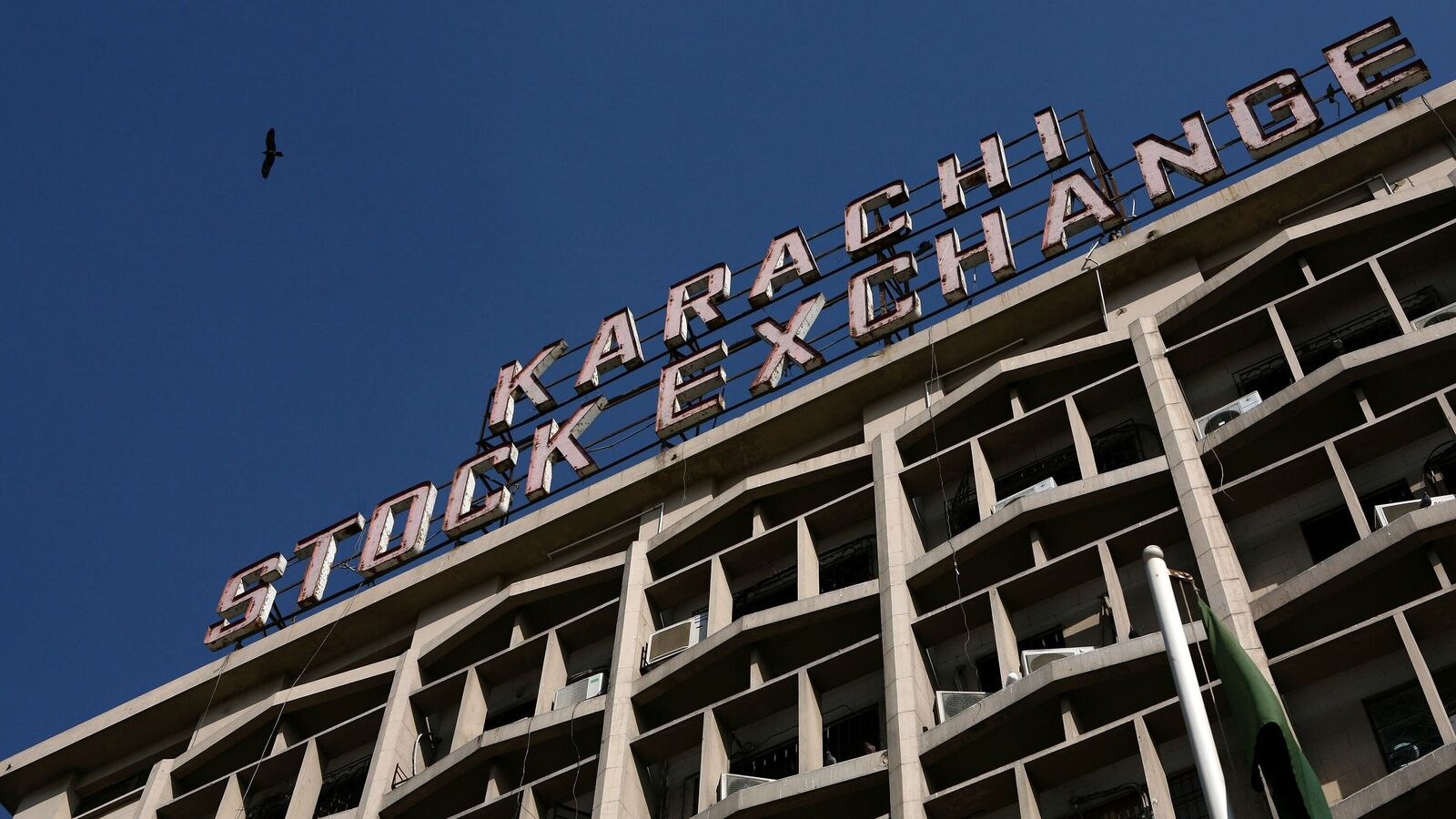The ongoing tensions between India and Pakistan have sent ripples through the financial markets, with significant implications for investors. On May 7, 2023, the Pakistan stock market faced a sharp downturn as reactions to India’s recent military actions against terrorist targets intensified. The Karachi-100 index plummeted by 6,272 points, a staggering 6% drop, bringing it down to 107,296.64 early in the trading session, compared to the previous day’s close of 113,568.51.
Impact of Rising Tensions on Pakistan’s Stock Market
The market’s decline was largely triggered by Operation Sindoor, which resulted in airstrikes on nine terrorist locations within Pakistan and Pakistan-occupied Kashmir. Following this operation, the KSE-100 index has experienced a significant dip, reflecting investor anxiety about potential military escalation. From April 23 to May 5, the index has dropped by 3.7%, fueled by fears surrounding the ongoing geopolitical unrest.
- Key Points:
- KSE-100 index dropped 6,272 points on May 7.
- Declined by 3.7% since late April due to military tensions.
- Sensex in India shows a contrasting trend.
Resilience of the Indian Stock Market
In contrast, the Indian stock market has exhibited a surprising level of resilience amidst these heightened tensions. Initially, the Sensex witnessed a drop of 692 points, falling to 79,948.80 from 80,641.07, but quickly rebounded to gain over 200 points, reaching 80,845. By mid-morning, the Sensex was only slightly down by 32 points (or 0.04%) at 80,609, while the Nifty 50 slipped by 19 points (or 0.08%) to 24,361.
Historical Insights on Market Reactions
Market analyst Pankaj Singh, founder and principal researcher at SmartWealth.ai, noted that geopolitical tensions, such as the current standoff, often lead to immediate market fluctuations. However, history has shown that Indian markets typically bounce back robustly after such events. For instance:
- Following the Kargil War, the Sensex surged by 63% within a year.
- After the Parliament Attack, it climbed over 20% in the following year.
- In the aftermath of the Mumbai Attacks, the index saw a 60% increase within twelve months.
- Post Balakot airstrikes, it rose by 15% by year-end.
Singh emphasizes that while short-term caution may be warranted, historical trends suggest that the Indian markets often recover once the situation stabilizes. He advises investors to focus on fundamental indicators rather than succumbing to fear-driven decisions.
Conclusion
As the geopolitical landscape continues to evolve, investors in both India and Pakistan should remain vigilant. The sharp drop in the Karachi market contrasts sharply with the resilience shown by Indian stocks, underscoring the unpredictable nature of financial markets amid international tensions. Keeping a close eye on fundamental market factors rather than short-lived fluctuations could be key to navigating this uncertain period effectively.











